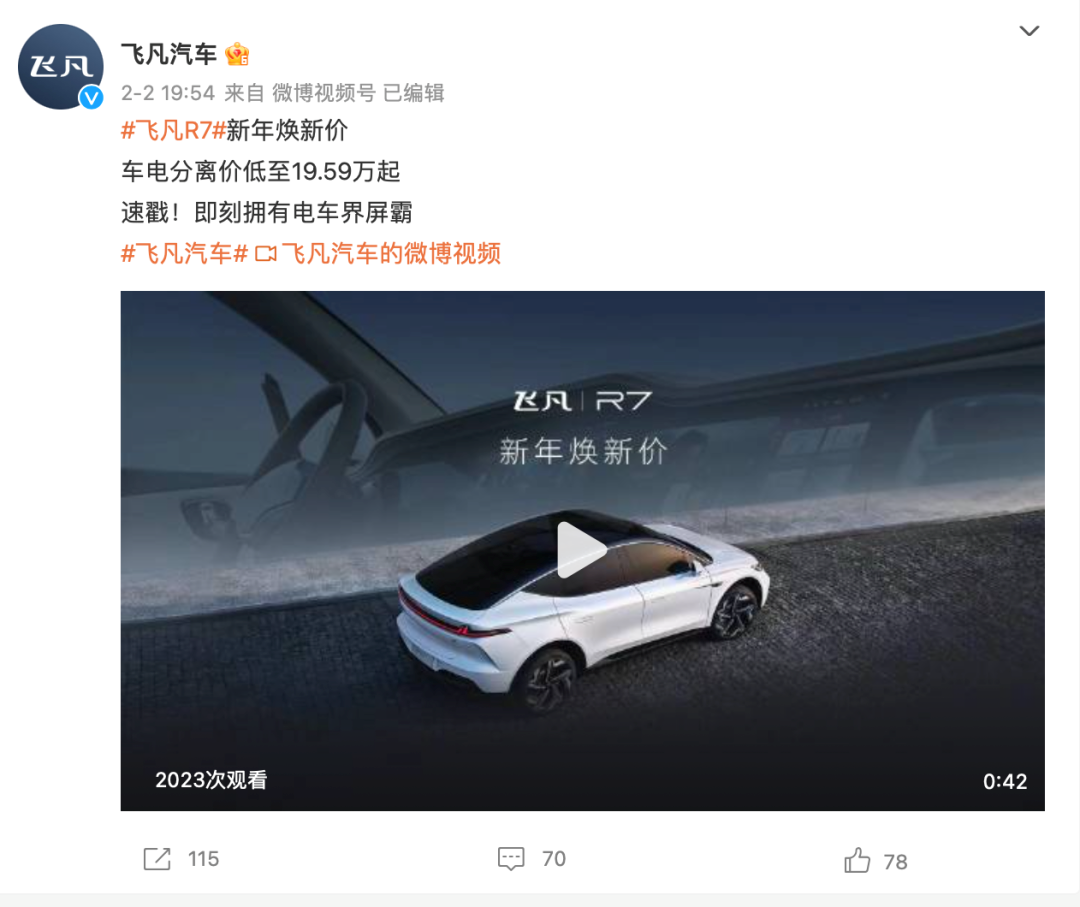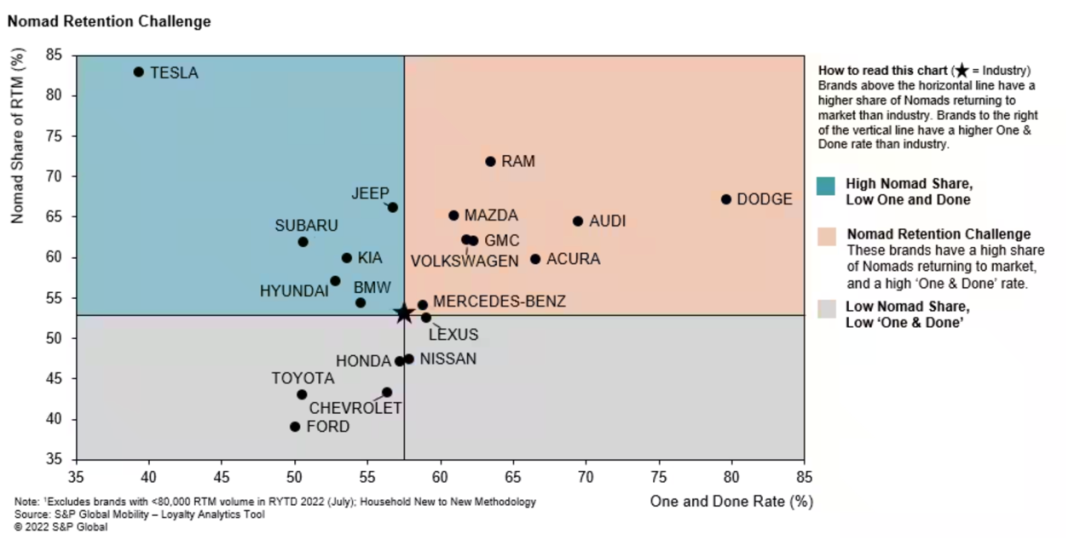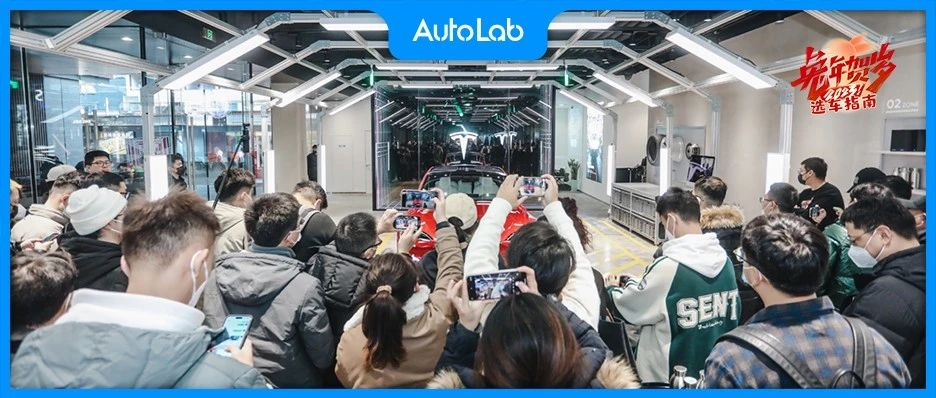Author: Song Shuanghui
After various new energy vehicle companies released their monthly sales results on February 1st, I once used “bleak situation” to describe the performance of the market, because the sales of all new and old players from BYD to other competitors have seen a significant decline in January compared to the previous month.
At that time, Tesla’s data had not yet been released, and I still had a question: Could this foreign brand, which started the price war, have a “successful start” as well?
Now, the answer has been revealed.
The latest sales data released by the China Association of Automobile Manufacturers shows that Tesla sold 66,000 new energy vehicles in China in January, achieving year-on-year and month-on-month growth, making it the only brand that started with a “successful opening” among all new energy vehicle companies.
It can be said that January was not a good day for the entire domestic new energy vehicle market.
In 2022, the national new energy passenger vehicle market realized sales of 6.5 million units, with a good performance of 94% growth rate, and a significant proportion of users purchased in advance before the subsidy rollback at the end of the year, which led to an overshoot of demand.
In addition, due to the sales period before the Spring Festival being only 20 days and losing more than 7 days of effective sales time, it was expected that the new energy passenger car market would enter the freezing point in January 2023.
However, the China Association of Automobile Manufacturers remains confident about the performance of the entire new energy vehicle market in 2023 and expects a “successful opening” to occur in February.
So, when it comes to the performance of each vehicle company, why did only Tesla achieve growth in both year-on-year and month-on-month sales in the same market environment?
The reason must be due to the weapon of price reduction, which has a significant impact.
After Tesla announced its price drop, NIO and Xiao Peng quickly followed suit, but the terminal performance did not achieve the expected effect.
However, Tesla has already stirred up the atmosphere. Even if many people do not intend to buy Tesla, everyone knows that Tesla can reduce prices, indicating that the pricing of their electric vehicles can still be squeezed. Now, if you don’t reduce prices, it will be a sincerity issue.Therefore, in the past few days, many automotive companies have started to secretly manipulate prices. Although it is not as straightforward as NIO and XPeng, the actual effect is the same.
For example, NIO’s founder Li Bin used to firmly state that he would not follow price reductions, but news two days ago stated that the price reduction for NIO’s 2022 ES6 and ES8 has reached as high as RMB 100,000.
The official response to this was that we have not lowered prices, but rather, because some cars need to be replaced, a small number of stock and exhibit cars can enjoy preferential policies. Regardless of how NIO is labeled with a price reduction, the fact is that buying a car can indeed be much cheaper.

Other auto companies have not been idle either, for example, Fawoo Motors “lowers the threshold by adjusting their product system”, launching a lower-configured and cheaper entry-level version, lowering the starting price of Fawoo R7 to RMB 195,900.
In addition, some automakers have made changes in their points and financial policies, such as Aiways launching an incentive of RMB 5,000 for delivery and Volvo offering a discount of RMB 5,000 for RMB 25,000. Cakes Purchase of designated products can earn points, and so on.
Overall, everyone understands that Tesla has made a gesture. If they do not show some sincere efforts, it will be difficult to compete in the upcoming battle.
In fact, compared to price reductions, I think automakers should also study how Tesla retains users.
At the end of last month, Standard & Poor’s Global released a research report that studied user loyalty and retention rates of various automotive brands in the US market.

These data include the proportion of first-time car buyers who choose the brand, as well as the proportion of one-time sales, which refers to the proportion of customers who buy only one car of a particular brand. The result showed that Tesla scored the highest in both dimensions.
Among first-time car buyers, Tesla accounted for as much as 83%, indicating that many consumers are interested in this brand and are willing to choose Tesla when purchasing pure electric vehicles.
In addition to having a much higher ability to attract new users than other brands, Tesla has a very low proportion of one-time sales, only 39%, while the industry average is 58%.According to industry insiders, Tesla’s Supercharger network, OTA upgrades, and direct sales model are important factors in retaining customers. Therefore, despite the dissatisfaction of existing owners during price reductions, many people still choose to buy Tesla cars when they replace them.
Therefore, for Chinese new energy vehicle companies, while studying how to keep up with price cuts, perhaps we should also make more efforts in retaining our customers.
This article is a translation by ChatGPT of a Chinese report from 42HOW. If you have any questions about it, please email bd@42how.com.
